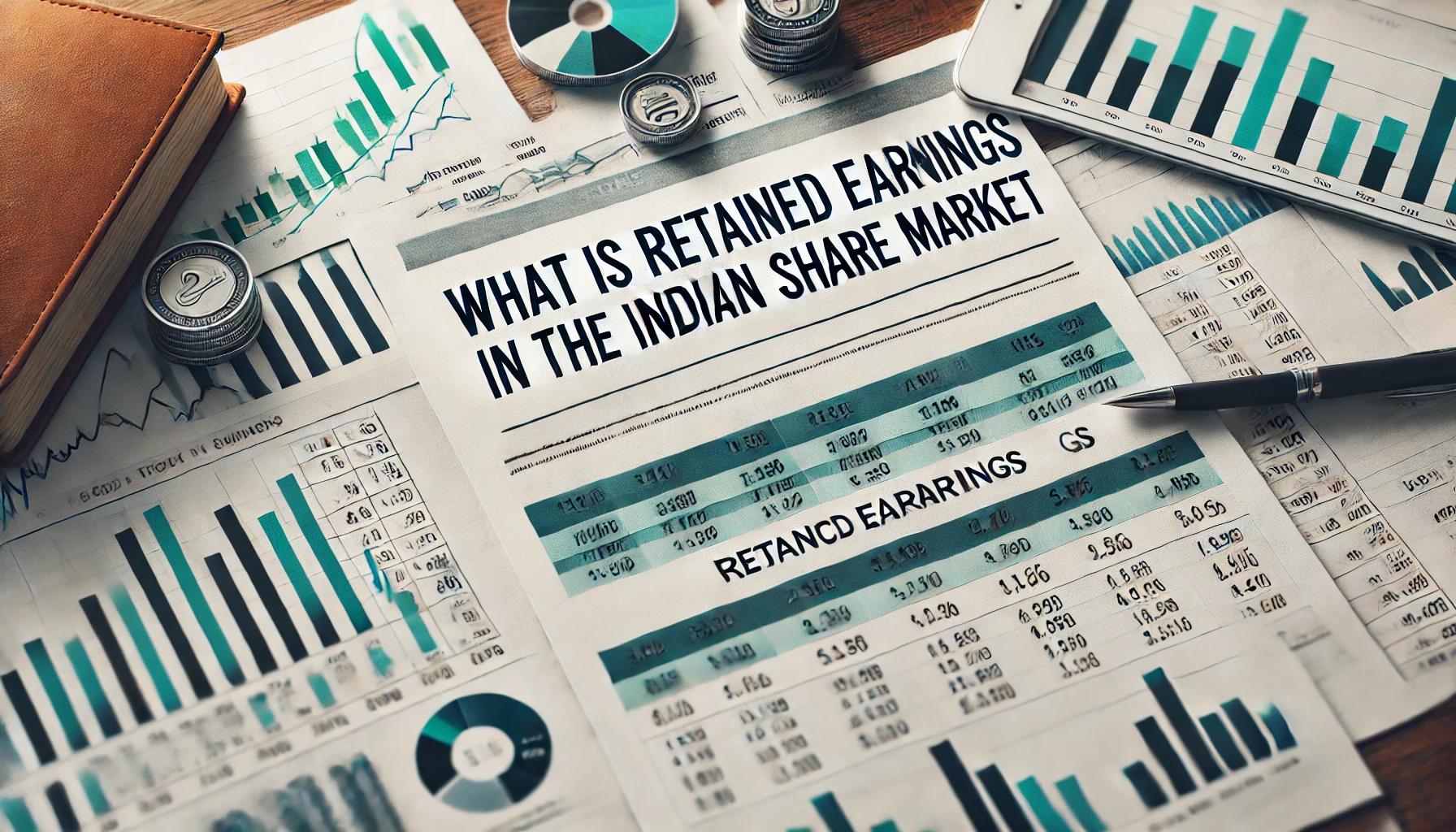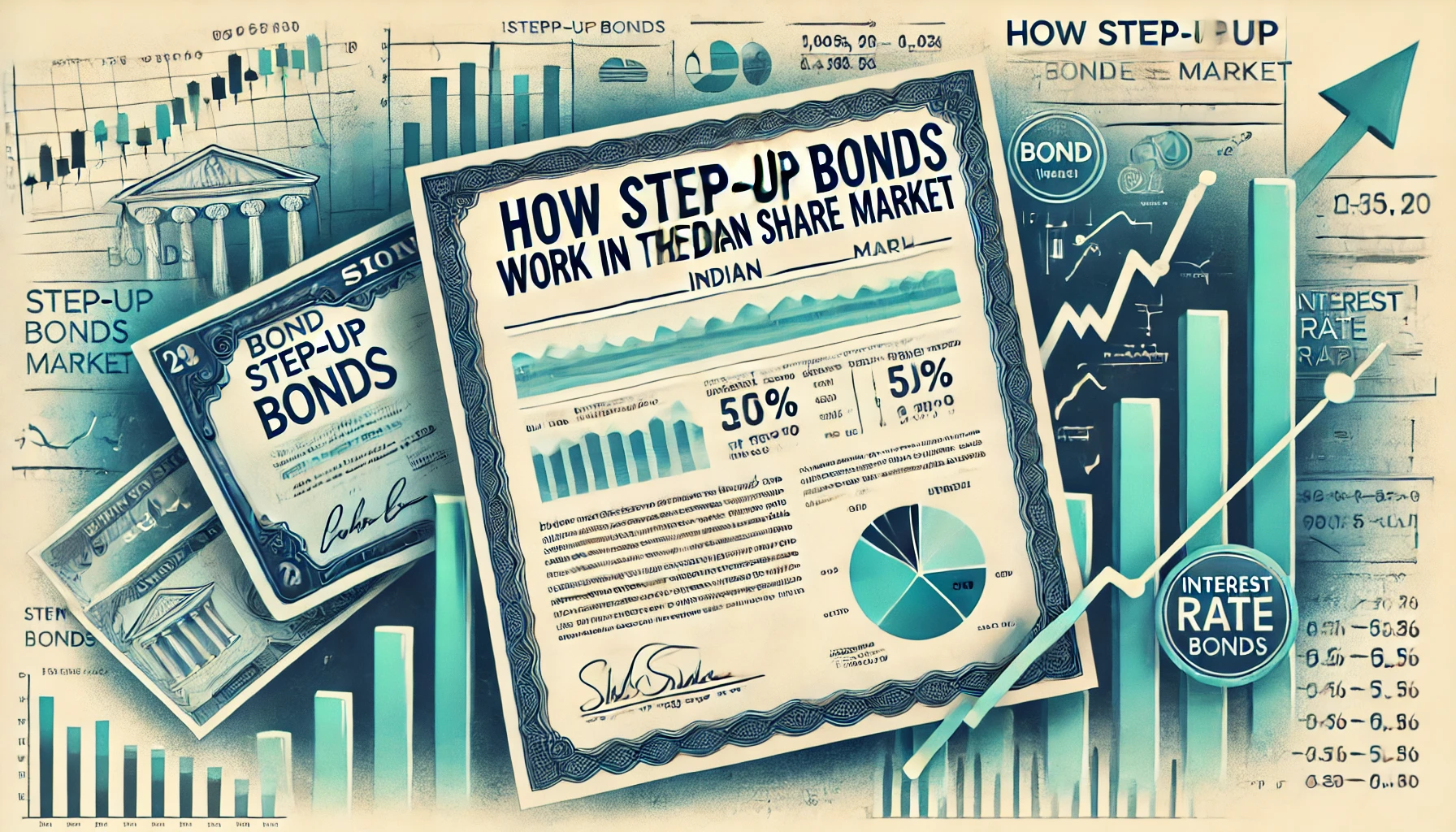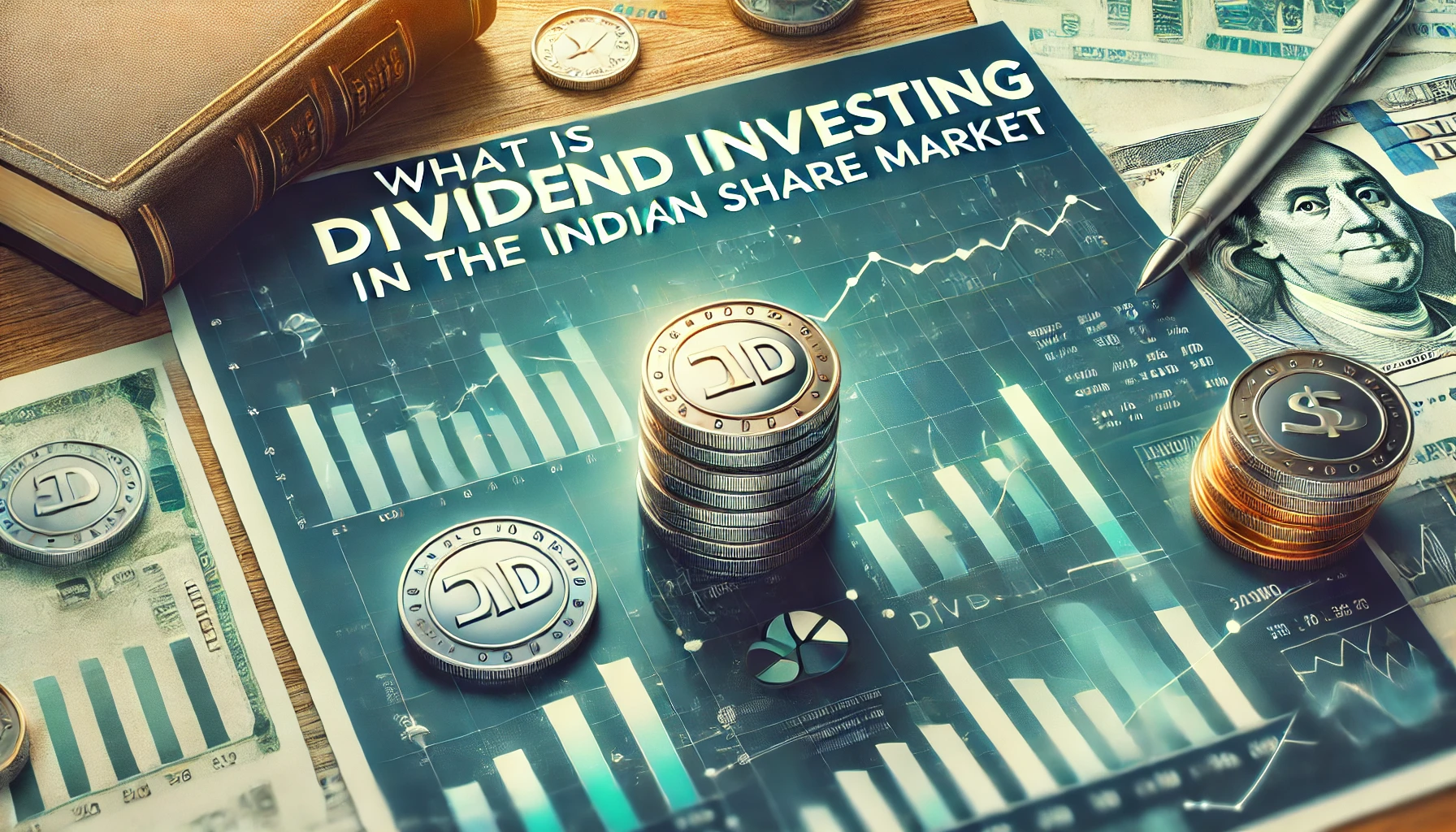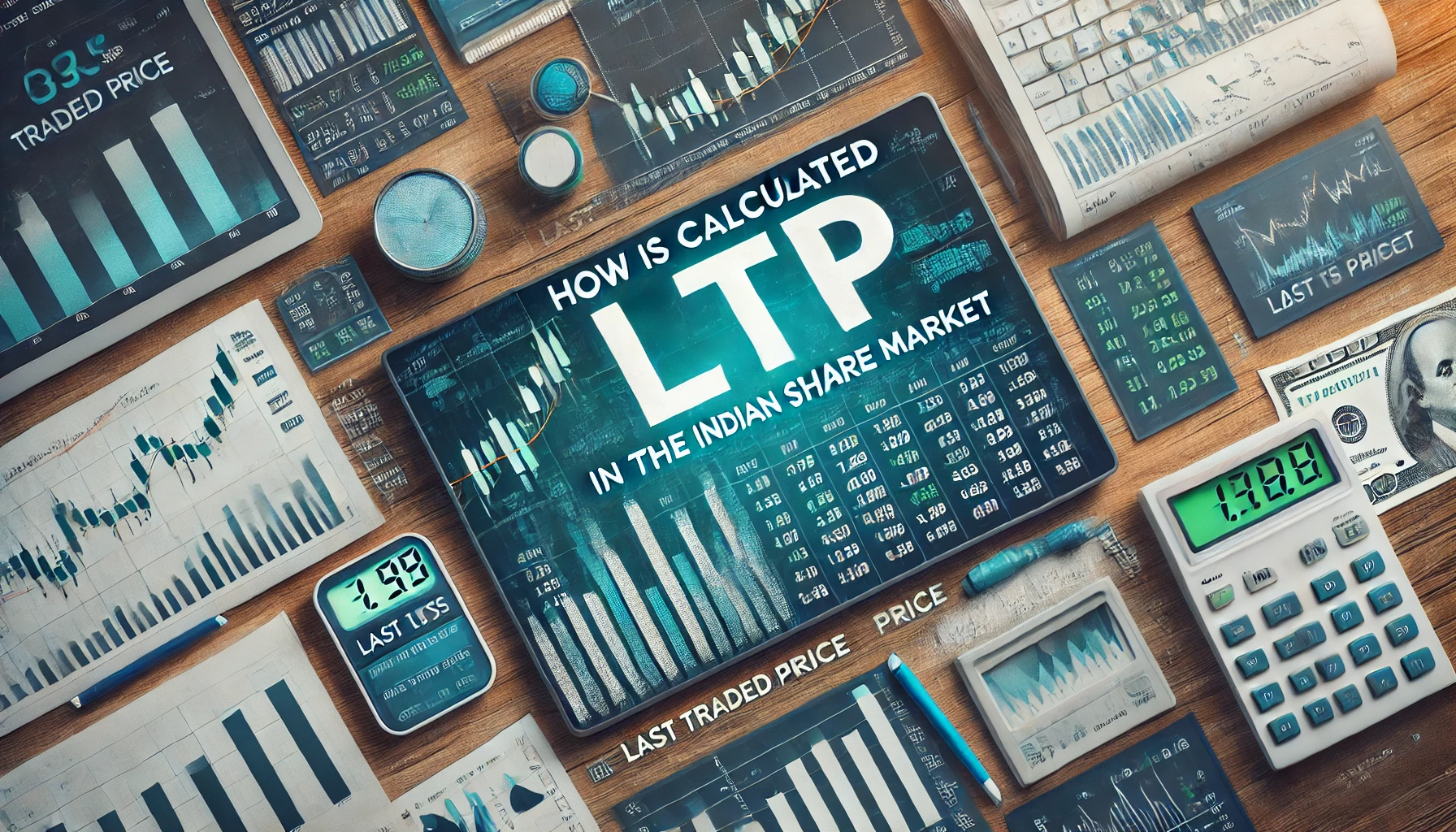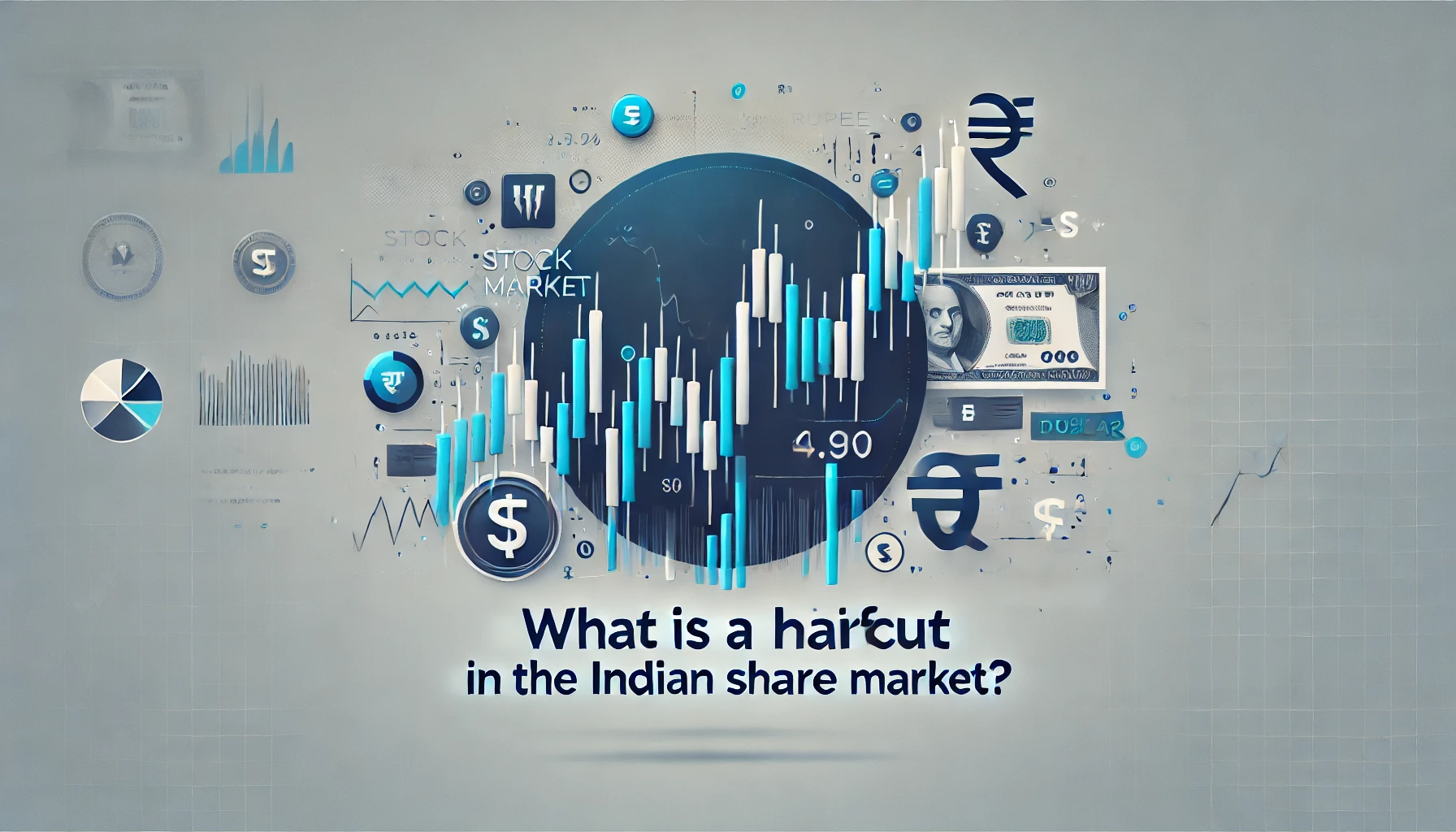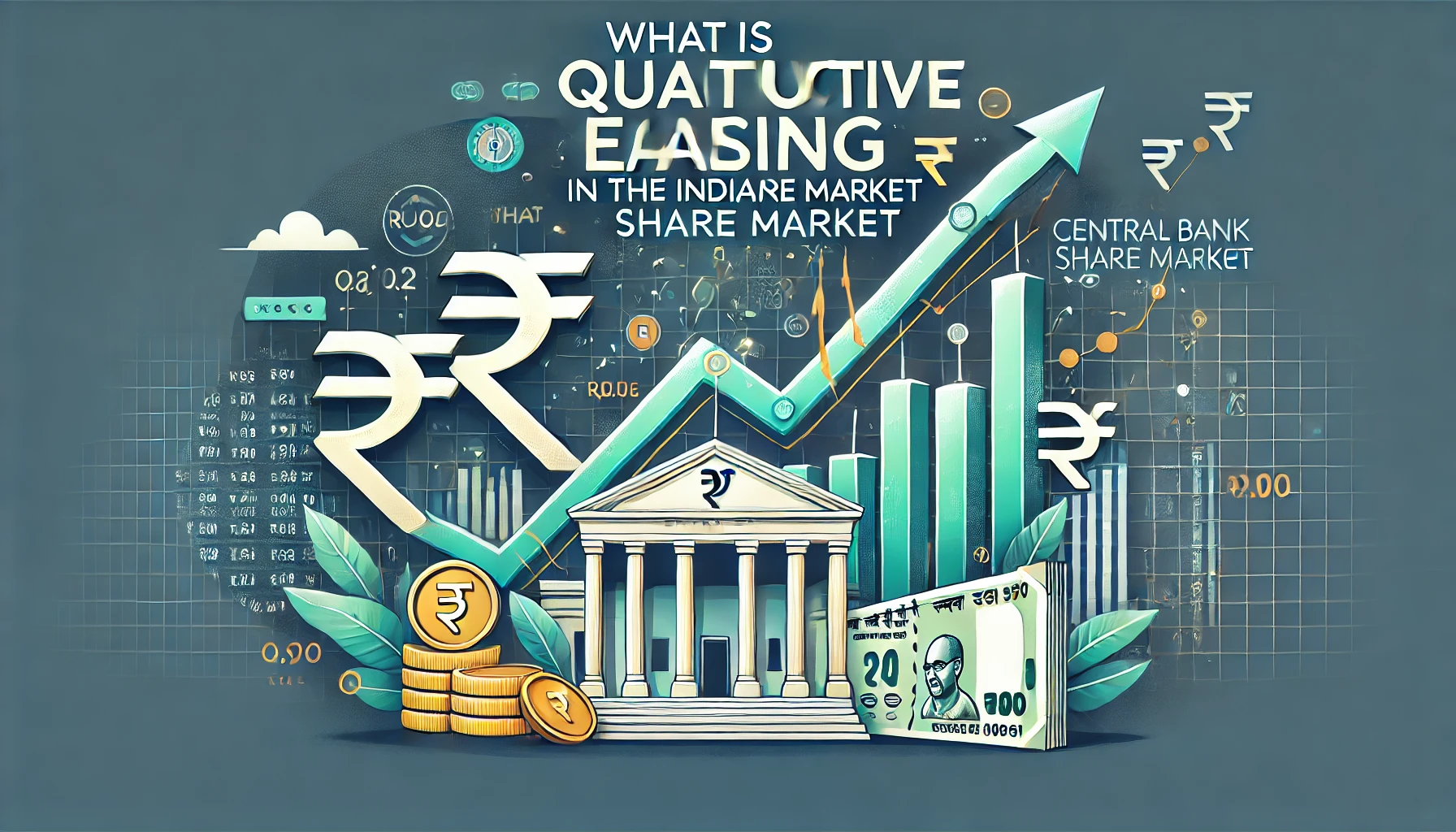Private equity (PE) plays a pivotal role in the Indian financial ecosystem by injecting capital into promising businesses and helping them grow. As an investment class, private equity is known for offering high returns by investing in private companies or acquiring public companies to delist them from stock exchanges. This comprehensive guide explores how private equity works, its impact on the Indian share market, and its benefits for investors and businesses.
What is Private Equity?
Private equity refers to investments made by institutional investors or high-net-worth individuals (HNWIs) in private companies or public companies that are subsequently privatized. These investments are typically made in exchange for equity stakes in the company, with the goal of improving operational performance and generating significant returns.
Key Features:
- Long-Term Investment: PE firms usually hold investments for 5–10 years.
- High Risk-High Reward: The potential for returns is high, but so is the risk.
- Active Involvement: PE investors often play an active role in managing the company.
How Private Equity Works
1. Fundraising
Private equity firms raise capital from institutional investors, such as pension funds, endowments, and sovereign wealth funds, as well as HNWIs.
| Source | Contribution |
|---|---|
| Pension Funds | 40% |
| Sovereign Wealth Funds | 20% |
| High-Net-Worth Individuals | 15% |
| Insurance Companies | 10% |
| Others | 15% |
2. Investment Strategies
PE firms use various strategies to deploy the raised capital:
- Buyouts: Acquiring controlling stakes in companies.
- Growth Capital: Providing funds to expand operations.
- Venture Capital: Investing in early-stage startups.
- Distressed Investments: Acquiring undervalued companies.
3. Value Creation
Private equity firms work closely with management to improve operational efficiency, optimize costs, and drive revenue growth.
4. Exit Strategies
PE firms exit their investments to realize profits through:
- Initial Public Offerings (IPOs): Listing the company on stock exchanges.
- Strategic Sales: Selling the company to a larger entity.
- Secondary Sales: Selling shares to another PE firm.
Impact of Private Equity on the Indian Share Market
Private equity investments have grown significantly in India, influencing various sectors such as technology, healthcare, and financial services.
Historical Trends:
| Year | Total PE Investment (USD Billion) | Major Sectors |
|---|---|---|
| 2015 | 16 | IT, Real Estate |
| 2017 | 24 | Healthcare, E-commerce |
| 2020 | 39 | Technology, BFSI |
| 2022 | 44 | Consumer Tech, Fintech |
Role in the Share Market:
- Boosting IPO Pipeline: PE-backed companies often list on stock exchanges.
- Market Liquidity: Provides a steady inflow of capital.
- Improved Governance: PE firms ensure better corporate governance.
Benefits of Private Equity
For Investors:
- High Returns: Potential for significant capital appreciation.
- Diversification: Alternative asset class for portfolio diversification.
- Access to Growth Companies: Invest in high-growth private companies.
For Businesses:
- Capital Infusion: Helps fund expansion and innovation.
- Expertise: PE firms bring operational and strategic expertise.
- Credibility: PE backing enhances a company’s reputation.
Challenges in Private Equity
Despite its advantages, private equity comes with challenges:
| Challenge | Impact |
|---|---|
| High Entry Barriers | Limited to large investors and institutions. |
| Long Lock-In Periods | Lack of liquidity for several years. |
| Regulatory Hurdles | Complex SEBI regulations in India. |
| High Risk of Failure | Potential loss of entire investment. |
Private Equity vs. Public Equity
| Aspect | Private Equity | Public Equity |
|---|---|---|
| Access | Limited to institutions and HNWIs. | Available to all retail investors. |
| Liquidity | Illiquid, long lock-in periods. | Highly liquid, traded on exchanges. |
| Control | Active involvement in management. | Passive, no direct involvement. |
| Risk-Return | High risk, high potential returns. | Moderate risk and returns. |
Case Studies of Private Equity in India
Flipkart and Walmart
Flipkart’s growth story is a classic example of private equity’s impact. PE investors like Tiger Global and Accel Partners played a crucial role in scaling the business, which was later acquired by Walmart for $16 billion.
Byju’s
Byju’s attracted PE investments from firms like Sequoia Capital and Silver Lake, enabling rapid expansion and innovation in India’s ed-tech sector.
Future of Private Equity in India
The future of private equity in India looks promising due to:
- Rising Startups: Increased PE interest in India’s unicorns.
- Policy Reforms: Liberalized FDI norms and SEBI regulations.
- Sectoral Diversification: Expanding focus on renewable energy, healthcare, and technology.
Projected Growth:
| Year | Estimated PE Investment (USD Billion) |
|---|---|
| 2025 | 60 |
| 2030 | 100 |
Conclusion
Private equity is a vital component of the Indian share market, driving growth, innovation, and value creation. By understanding how it works, investors and businesses can leverage its potential to achieve financial success.

